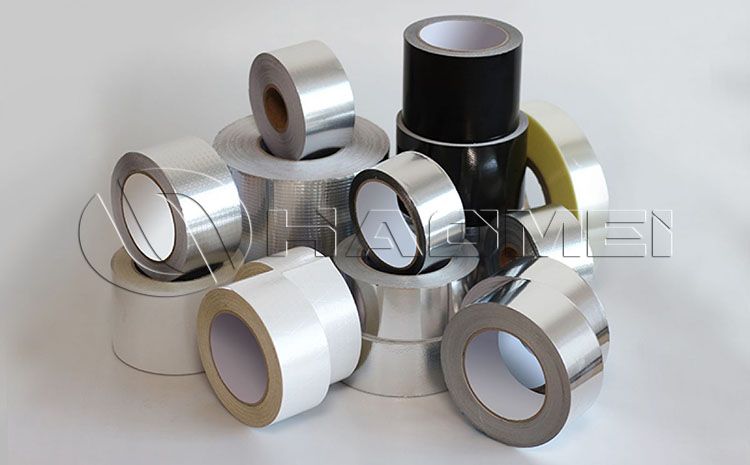What Are Uses of The Aluminum Foil Tape
Publish Time: 2025-11-07 Origin:https://www.hmaluminumsupply.com
Aluminum foil tape, made from aluminum foil as the base material and processed through adhesive coating and other techniques, occupies an indispensable position in many fields due to its excellent sealing, thermal conductivity, and shielding properties.

Application areas
In the electronics and electrical appliance industry, the shielding function of aluminum foil tape has been fully utilized. With the increasing sophistication of electronic products, electromagnetic interference has become a major challenge affecting the normal operation of equipment. Aluminum foil tape can effectively shield electromagnetic radiation, reducing interference from external signals to electronic components, while also preventing internal electromagnetic signal leakage.
The construction industry is also a significant application area for aluminum foil tape. In building insulation projects, it is often used to seal joints in insulation materials. Simultaneously, in the installation of building ventilation ducts, aluminum foil tape can be used to seal pipe interfaces, ensuring the airtightness of the ventilation system and reducing energy loss.
In the automotive manufacturing industry, aluminum foil tape also has its uses. Cars have numerous wiring and piping systems, and aluminum foil tape can be used to secure and protect these systems. Additionally, in automotive sound insulation and noise reduction, aluminum foil tape can help enhance sound insulation and improve passenger comfort.
Alloy selection
Different applications require different performance characteristics from aluminum foil tape, necessitating the appropriate selection of its alloys. Currently, the most common aluminum foil tape alloys on the market are 1000, 3000 and 8000 series.
1000 series aluminum alloys such as 1100 aluminium foil are pure aluminum alloys with high purity, generally above 99%. These alloys are characterized by their softness, good ductility, ease of processing and forming, and excellent corrosion resistance and thermal conductivity. Due to their high purity and stable surface properties, they are suitable for applications requiring high material purity and surface quality.
3000 series aluminum alloys (such as 3003 aluminium foil and 3004) are aluminum-manganese alloys. The addition of manganese significantly improves their strength compared to 1-series alloys, while retaining good corrosion resistance and some ductility. These alloys offer relatively high cost-effectiveness and are widely used in many industrial sectors.
In the construction industry, 3-series aluminum alloys are frequently chosen for aluminum foil tapes used for sealing joints in insulation materials and ventilation ducts because they meet sealing and weather resistance requirements, withstand certain external forces, and are not easily damaged.
In automotive manufacturing, 3-series aluminum alloys are a common choice for aluminum foil tape used to secure and protect wiring and piping, as their strength ensures the tape's stability during vehicle operation.
8-series aluminum alloys (such as 8011) offer good machinability and high strength at a relatively low cost. Aluminum foil made from these alloys is relatively hard, making it suitable for applications requiring a certain level of strength and rigidity while also having strict cost control requirements.